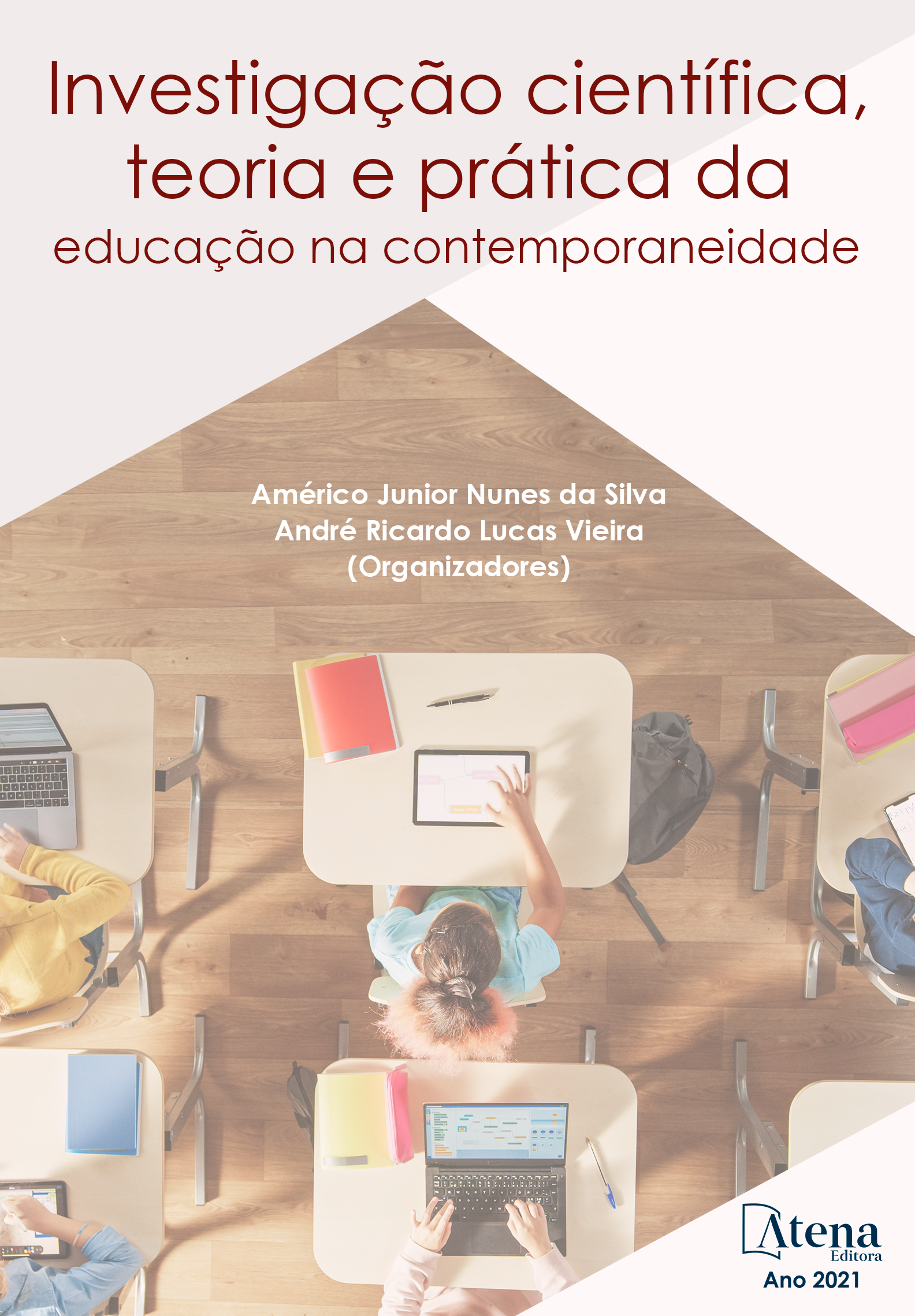
SALA DE AULA INVERTIDA DE APRENDIZAGEM PARA O DOMÍNIO DE CONTEÚDOS EM TEMPOS DE PANDEMIA
O artigo “Sala de Aula Invertida de Aprendizagem para o Domínio de Conteúdos em Tempos de Pandemia” é fruto de um Projeto de Extensão aprovado pelo Sistema de Projetos (SISPROJ), em maio de 2021, fundamentado na necessidade de implementação de novas metodologias para a transmissão de conteúdos almejando alcançar os objetivos propostos. Nesse sentido, o objetivo geral é incentivar o uso da sala de aula invertida à comunidade acadêmica como metodologia possível na ministração de conteúdos do curso de Letras. A sala de aula invertida é uma metodologia ativa de aprendizagem capaz de capacitar os professores a personalizar o ensino para cada aluno, no caso, o bolsista, para que ele tenha mais autonomia e segurança na dominação de conteúdos e, desse modo, exponha vídeos de sua autoria ao público alvo do 1º ao 5º período de Letras do Centro de Estudos Superiores de Tefé – CEST/UEA, cujos temas sejam correlatos aos objetivos propostos no projeto com ênfase nas disciplinas de Produção Textual I, Produção Textual II, Morfologia da Língua Portuguesa e Sintaxe da Língua Portuguesa. O referencial teórico baseou-se em Bergmann e Sams (2019), Henriques (2018), Sautchuk (2018), Villalva (2007), Lobo (2003), Martins (1994), dentre outros. A metodologia amparada em Lakatos e Marconi (2017) e Prodanov (2013) ficou assim delineada e constituída por aulas gravadas em vídeos que foram expostas no YouTube, WhatsApp e Facebook, para alcançar acadêmicos com dificuldades na compreensão de conteúdos de língua portuguesa, por meio dos assuntos expostos, fomentando o conhecimento e alcançando o maior número possível de internautas. Deste modo, como resultado parcial do projeto, inferimos que ele já cumpriu com seu papel social, através da divulgação de conteúdo nas redes sociais, para a expansão do conhecimento cultural, através da tecnologia ativa que coloca o aprendiz como protagonista de suas ações rumo à aprendizagem.
SALA DE AULA INVERTIDA DE APRENDIZAGEM PARA O DOMÍNIO DE CONTEÚDOS EM TEMPOS DE PANDEMIA
-
DOI: 10.22533/at.ed.76221131214
-
Palavras-chave: Sala de Aula Invertida. Aprendizagem. Conteúdos. Pandemia.
-
Keywords: Inverted Classroom. Learning. Contents. Pandemic.
-
Abstract:
The article "Inverted Learning Classroom for the Domain of Content in Times of Pandemic" is the result of an Extension Project approved by the Project System (SISPROJ), in May 2021, based on the need to implement new methodologies for the content transmission aiming to achieve the proposed objectives. In this sense, the general objective is to encourage the use of the inverted classroom for the academic community as a possible methodology in the delivery of contents in the Literature course. The inverted classroom is an active learning methodology capable of enabling teachers to customize teaching for each student, in this case, the scholarship holder, so that they have more autonomy and security in the mastery of content and, thus, display videos of its authorship to the target audience of the 1st to 5th period of Letters of the Center for Higher Studies of Tefé – CEST/UEA, whose themes are correlated to the objectives proposed in the project with emphasis on the disciplines of Textual Production I, Textual Production II, Morphology of the Portuguese Language and Syntax of the Portuguese Language. The theoretical framework was based on Bergmann and Sams (2019), Henriques (2018), Sautchuk (2018), Villalva (2007), Lobo (2003), Martins (1994), among others. The methodology supported by Lakatos and Marconi (2017) and Prodanov (2013) was thus outlined and constituted by classes recorded in videos that were exposed on YouTube, WhatsApp and Facebook, to reach academics with difficulties in understanding Portuguese language content, through of the exposed subjects, promoting knowledge and reaching the largest possible number of Internet users. Thus, as a partial result of the project, we infer that it has already fulfilled its social role, through the dissemination of content on social networks, for the expansion of cultural knowledge, through active technology that places the learner as the protagonist of their actions towards learning.
-
Número de páginas: 15
- Ranieri Pedrosa Arantes
- Duane Moraes Araújo
- Rosineide Rodrigues Monteiro


